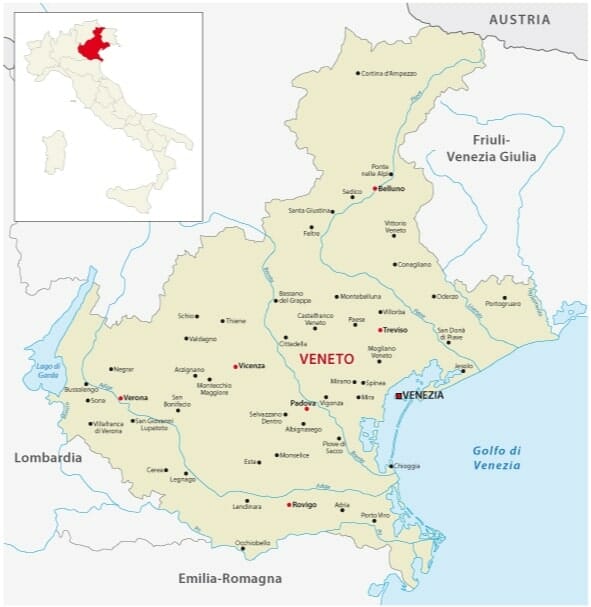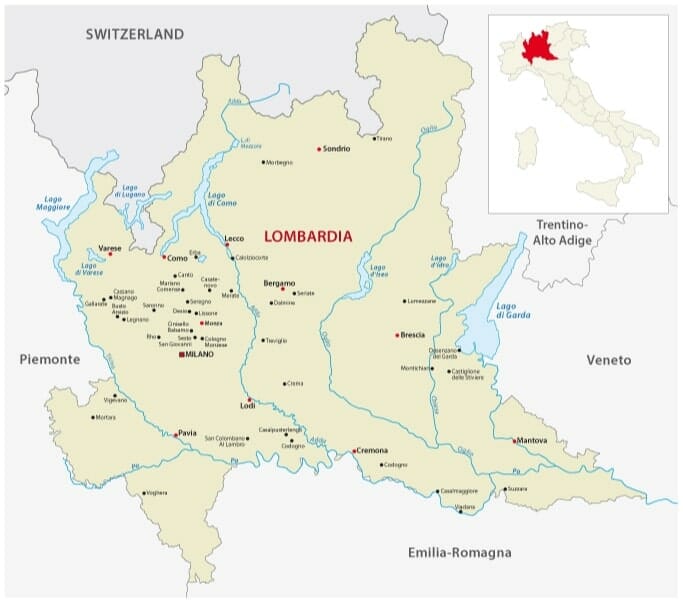Current COVID-19 Epidemiology Statistics – Italy
Infected 10,149
Deaths 631
Updates:
- March 10 –Airlines Ryanair, Wizz Air, and British Airlines, have suspended all domestic and international flights.
- March 10 – Slovenia is expected to close its border with Italy for non-commercial traffic to prevent the spread of coronavirus.
Summary of Italy’s State of Emergency
- On January 31, 2020, Italian Prime Minister, Guiseppe Conte, declared a state of emergency due to the significant COVID-19 outbreak in cities across Italy.
- Travel to and from the regions of Lombardy and Veneto is restricted due to community transmission of the virus. Local quarantine measures are firmly in place.
- The Ministry of the Interior has restricted mobility within Italy, and has required that travelers carry a self-certification of their reasons for necessary travel.
- For departing Schengen and non-Schengen flights, self-certifications are requested for residents of restricted territories.
- Passengers arriving in Italy must also justify the purpose of their trip upon entry.
- Numerous schools, universities, public spaces, and areas of commerce have been closed to control the outbreak.
U.S. Department of State Travel Advisories:
- Countrywide Travel Advisory Level 3 – Reconsider Travel – It is recommended that travelers avoid all non-essential travel to Italy at this time.
- Regions of Lombardy and Veneto – Level 4 – Do Not Travel
Border Restrictions:
- To date, the European Commission has kept Italian borders open in the Schengen zone.
Additional Resources:
- Reuter’s article, “Slovenia to Close Border with Italy Over Cornavirus”
- La Republicca’s article, “Coronavirus, Interior Ministry Directive: checks at stations, airports and roads”
- Corriere Della Serra article, “Coronavirus in Italy, 10,149 cases and 631 deaths: the 10 March bulletin”
- Corriere della Serra article “Coronavirus, what can be done and not done until April 3: the government’s vademecum”
- New York Times article, “Wizz Air Suspends All Flights to Italy, Israel Over Coronavirus”
- The Local article, “Coronavirus: British Airways and Ryanair cancel all flights to Italy”
Maps




